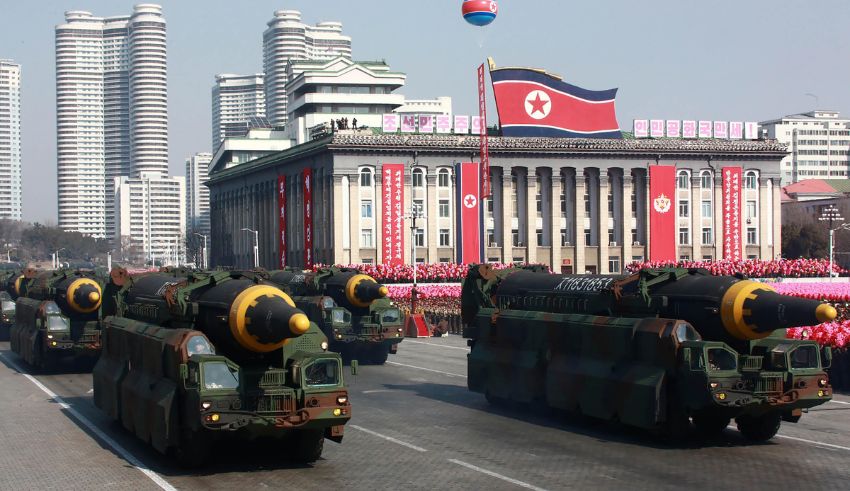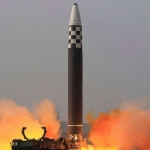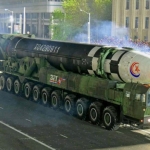
North Korea has been developing and testing its nuclear weapons for decades, claiming that they are necessary to deter a US-led invasion and ensure its survival. However, this argument is flawed and misleading, as North Korea’s nuclear weapons are not a credible deterrent, but a source of instability and insecurity in the region and the world.
First, North Korea’s nuclear weapons are not reliable or effective, as they have not been fully tested or proven. North Korea has conducted six nuclear tests since 2006, but the yield and performance of its devices are uncertain and inconsistent.
North Korea has also been developing various types of ballistic missiles, some of which can allegedly reach the US mainland, but many of them have failed or malfunctioned during launch or flight. North Korea has not demonstrated that it can successfully mount a nuclear warhead on a missile, or that it can survive the atmospheric reentry and accurately hit a target.
Second, North Korea’s nuclear weapons are not rational or predictable, as they are controlled by a secretive and erratic regime. North Korea has repeatedly violated international norms and agreements, and has threatened to use its nuclear weapons preemptively or in response to any perceived provocation.
North Korea has also shown a disregard for the humanitarian consequences of its nuclear weapons, as it has tested them near populated areas, causing environmental damage and health risks. North Korea has not established any clear or transparent doctrine or command and control system for its nuclear weapons, raising the risk of miscalculation, miscommunication, or accidental use.
Keep Reading
Third, North Korea’s nuclear weapons are not defensive or deterrent, but offensive and coercive. North Korea has used its nuclear weapons as a bargaining chip to extract concessions and aid from the international community, while continuing to pursue its nuclear and missile programs.
North Korea has also used its nuclear weapons as a tool to intimidate and blackmail its neighbors, especially South Korea and Japan, and to undermine their alliance with the US. North Korea has not shown any willingness or interest to engage in meaningful dialogue or diplomacy on denuclearization, but has instead demanded recognition and acceptance of its nuclear status.
Therefore, North Korea’s nuclear weapons are not a credible deterrent, but a dangerous and destabilizing factor in the region and the world.
The international community should not be complacent or complaisant about North Korea’s nuclear weapons, but should continue to pressure and persuade North Korea to abandon them. The US and its allies should also maintain and strengthen their deterrence and defense capabilities, and prepare for any contingency or crisis involving North Korea’s nuclear weapons.


























